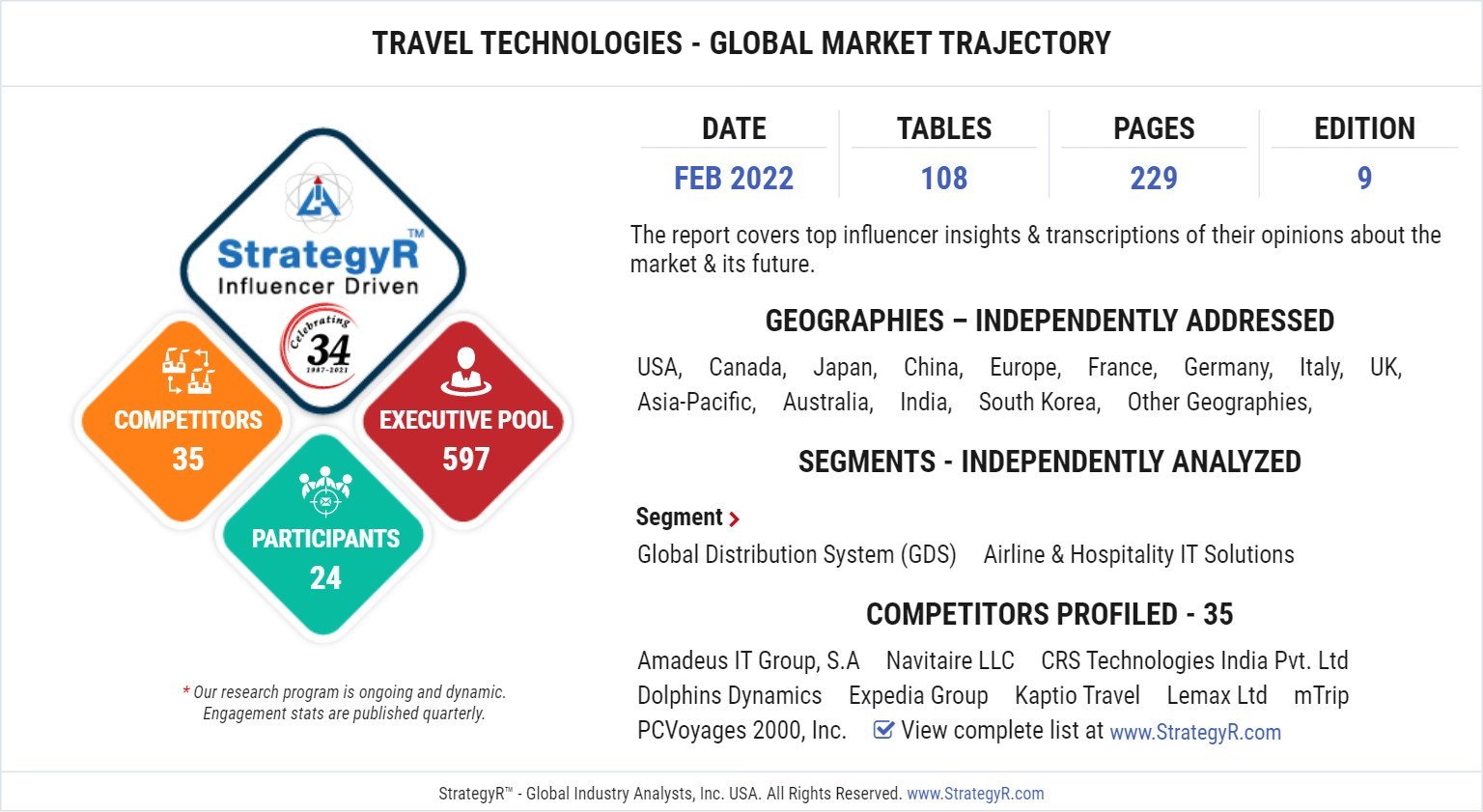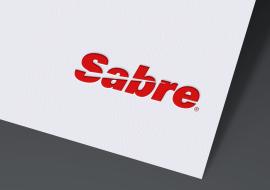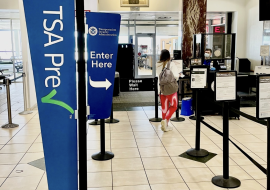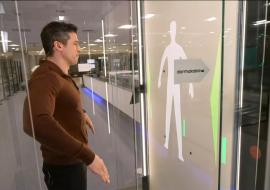Global Travel Technologies Market to Reach $12.5 Billion by 2026

Travel technology refers to systems which are used for managing travel and to monitor it, and includes planning (pre-travel), flight tracking systems, and post-travel experience review. Travel technology is also referred to as hospitality automation or tourism technology. It relates to the usage of ICT (Information and Communications Technology) or IT (Information Technology) in the tourism, travel, and hospitality sector. Travel technology includes the use of social media, search engines, flight tracking, and planning of trips via online travel agencies.
Previously, travel technology was generally associated with the airlines industry`s computer reservations system. However, at present, it includes the larger tourism sector. Travel technology relates to the computer reservations system and also various other applications.
Travel technology is also being known as e-tourism or e-travel. e-tourism refers to the design, analysis, implementation, and use of e-commerce and IT solutions in the travel and tourism sector. It relates to all applications of ICT in the tourism and hospitality industry and in the tourism experience. Pre-travel planning is a critical stage of trip planning, as it enables customers to gain an understanding of their forthcoming trip. The internet is widely used for obtaining information for planning a trip. Users can search customer reviews, see posts on social media channels and view videos for planning their trip easily.
Amid the COVID-19 crisis, the global market for Travel Technologies estimated at US$8.9 Billion in the year 2022, is projected to reach a revised size of US$12.5 Billion by 2026, growing at a CAGR of 6.8% over the analysis period. Global Distribution System (GDS), one of the segments analyzed in the report, is projected to record 6.1% CAGR and reach US$9.1 Billion by the end of the analysis period. After a thorough analysis of the business implications of the pandemic and its induced economic crisis, growth in the Airline & Hospitality IT Solutions segment is readjusted to a revised 8.4% CAGR for the next 7-year period.
As compared to hospitality and airline IT solutions, GDS is anticipated to hold the largest share of the market. The system is important for hospitality and travel companies, as it enables them to have access to a larger market, and provides service rates and inventory data to web platforms and OTAs. The main users of GDS are physical and online travel agents who make reservations on various associated systems operated by vendors.

The Travel Technologies market in the U.S. is estimated at US$1.8 Billion in the year 2022. China, the world`s second largest economy, is forecast to reach a projected market size of US$1.9 Billion by the year 2026 trailing a CAGR of 8.2% over the analysis period. Among the other noteworthy geographic markets are Japan and Canada, each forecast to grow at 5.8% and 6.2% respectively over the analysis period. Within Europe, Germany is forecast to grow at approximately 6.5% CAGR.
The COVID-19 outbreak has hit the travel and tourism industry, due to the restrictions on travel, lockdowns and restrictions placed in various countries affected by the pandemic. The post COVID-19 period will witness significant changes in the way people or seek holidays.
The disruption to the travel industry is having significant impact on players operating in the travel technology market with revenues reaching new lows in recent months. Though the travel and tourism industry faces risks in the form of cancellations and business disruptions amidst the ongoing pandemic, the industry is likely to regain some momentum in the coming times thus providing potential growth opportunities for the travel technology market.
Recovery will be mainly driven by essential travel needs specifically those related to business travel and personal emergencies. Domestic travel is likely to recover faster than international travel, as already being witnessed in China. This will ensure that funds designated for outbound travel will be now directed at local consumption, thus driving local economies.
The market will also benefit from the rising use of technologies such as artificial intelligence (AI) and robotic process automation (RPA). RPA facilitates the automation of certain repetitive processes, which enables in offering improved customer service.
Through the automation of the booking process, the technology offers time savings. RPA leverages software bots to function across systems and applications, to carry out repetitive manual and administrative functions and perform decision making.
The use of RPS enhances the booking process, as the bots are scalable, flexible, affordable, and reliable. Also, RPA`s reporting capabilities facilitate accurate tracking, detection and resolution of errors, which lead to considerable improvement in processes.














